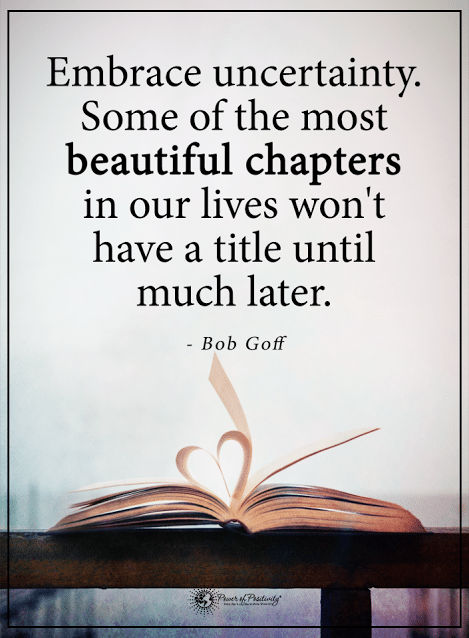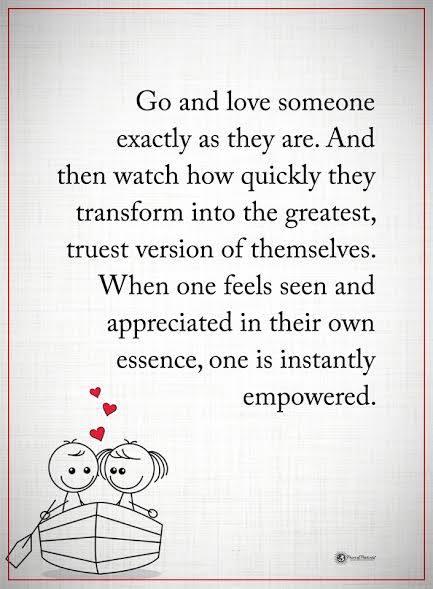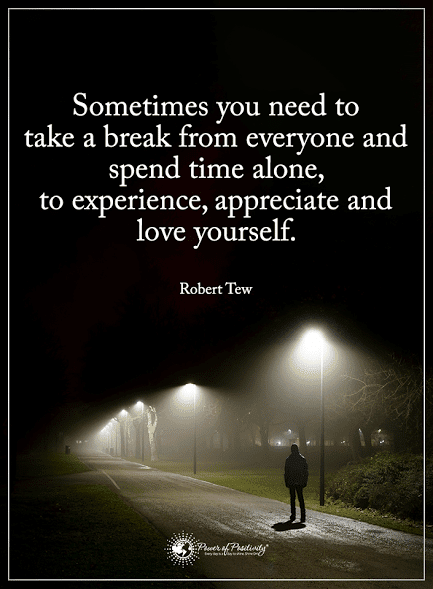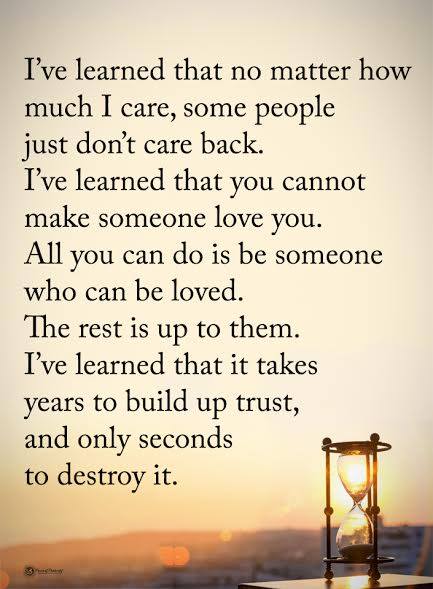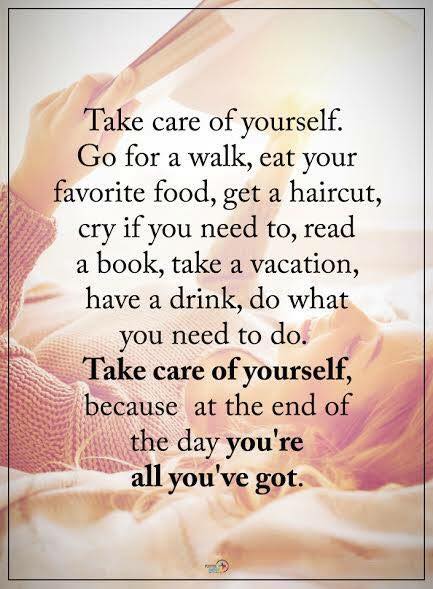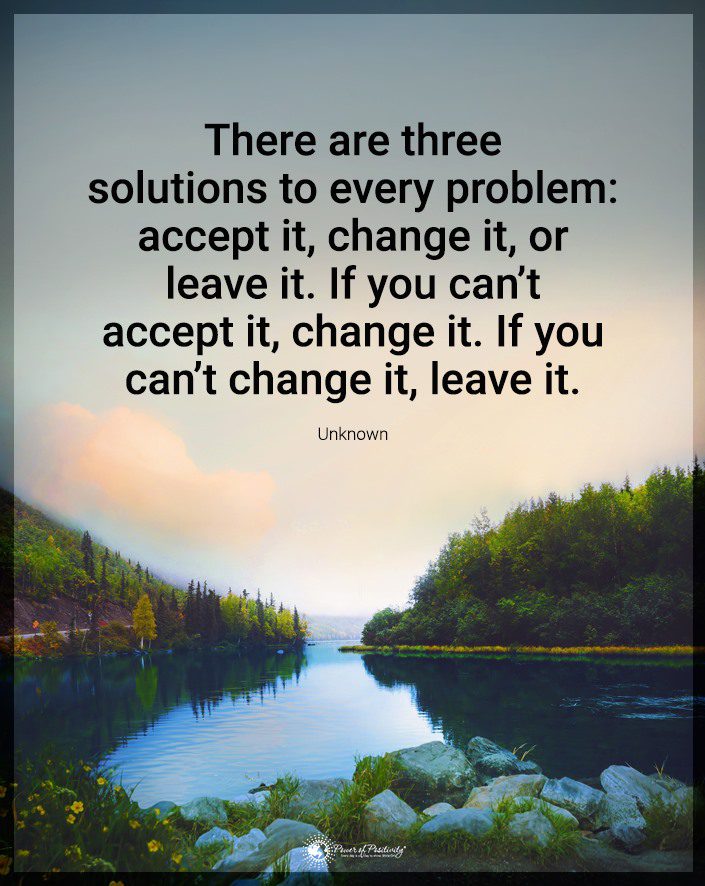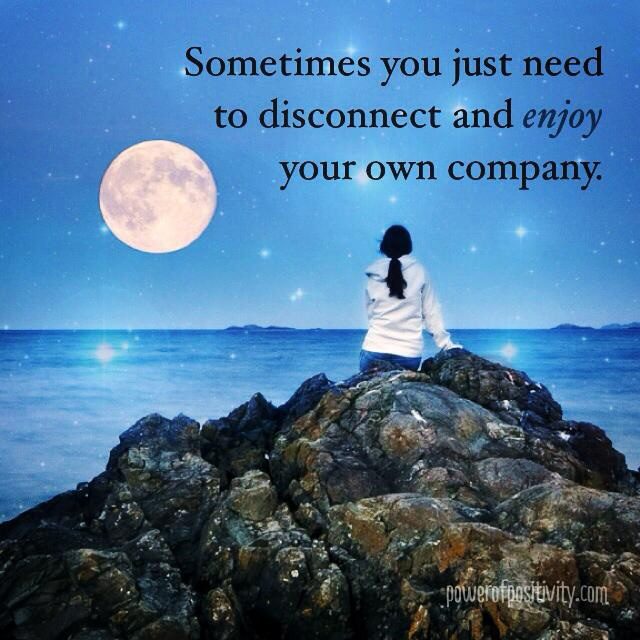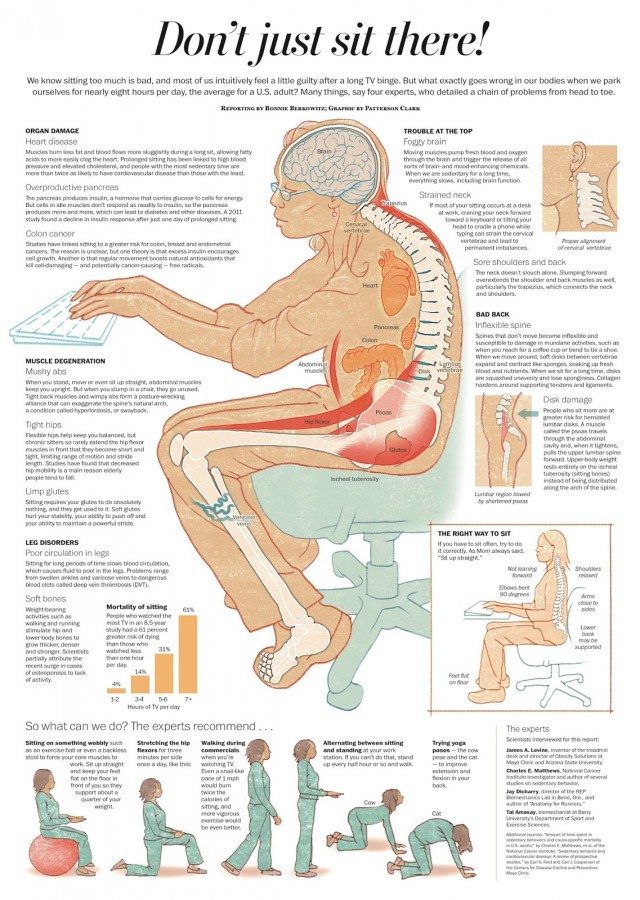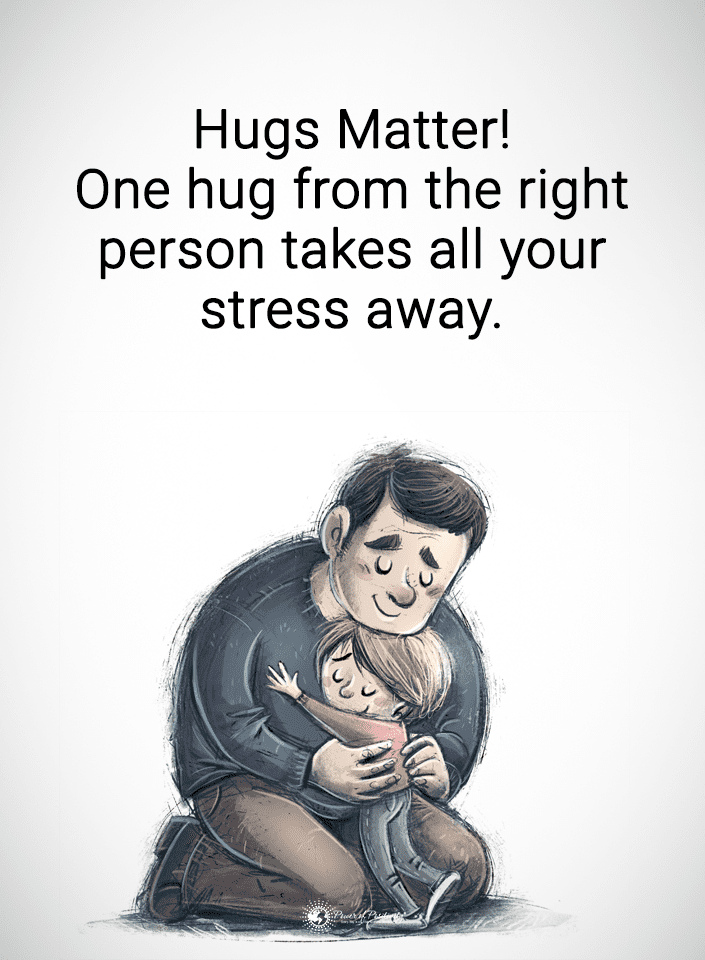Conflict is only one part of a romantic relationship, not the whole of it. When your partnership is suffering, it can seem like the current conflict is the most important part, but it’s not.
Let’s look at some quotes to remember when you’re not in a good place in your relationship.
11 Quotes to Remember When Your Relationship Is Suffering
1. Surround yourself with people who illuminate your path.
– Kristen Butler, founder Power of Positivity
Don’t give your time or energy to someone who is unworthy of your efforts! Instead, surround yourself with positive people who will appreciate you. Remember that positive energy begets success and negative energy breeds poor outcomes.
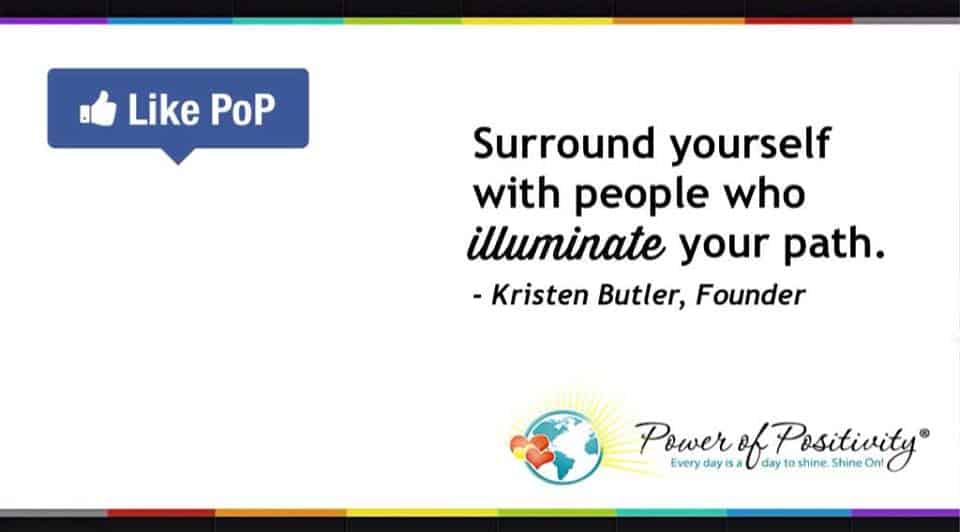
2. Embrace uncertainty. Some of the most beautiful chapters in our lives won’t have a title until much later. – Bob Goff
According to a study in the journal Social Psychology and Personality, relationships may seem to suffer for a time. Researchers say when you go through a breakup, your friends might not be supportive.
The social stigma of being in a newer relationship could be a good thing. “It may be, for example, that those involved in shorter relationships construe the salience of social stigma as an indicator of things to come and therefore focus on the obstacles and challenges they will need to surmount in their relationships, while those involved in longer relationships may recall all of the hardships and challenges they have already overcome in their relationships and see the future as all the brighter.“
3. Believe good things will happen and they will
See things from a positive perspective in your relationship, which may be a total reversal from how you see them now. A man was going to divorce his wife, but he decided to hug her after his therapist told him to tell his wife he wasn’t angry with her again, as if this time, his wife wasn’t wrong. If you believe your partner to be wrong, you are going to see only the things that prove yourself to be right, not the small loving acts that your partner does when they aren’t annoying you.
4. A woman is unstoppable after she realizes she deserves better.
5. Go and love someone exactly as they are.
And then watch how quickly they transform into the greatest, truest version of themselves. When one feels seen and appreciated in their own essence, one is instantly empowered. Never enter into a romance with the intention to change somebody. This mindset only sets you up for a rocky road ahead.
6. Sometimes you need to take a break from everyone.
Sometimes you need to spend time alone, to experience, appreciate, and love yourself.
Researchers in the American Journal of Family Therapy state that working on our own emotional intelligence skills leads to better relationship happiness now and in the future. The researchers suggest that “Better perception, understanding, managing, and harnessing of emotions in the self may lead individuals to do better in and be more satisfied with romantic relationships.
For instance, (1) higher levels of self-management of emotions may lead to more relationship satisfaction; (2) better understanding of others’ emotions in conjunction with insight into one’s own emotions may lead individuals to enter relationships with more compatible partners; (3) higher levels of emotionally competent behavior may make it more likely that individuals will establish and maintain mutually satisfying relationships; and (4) some of these emotionally skilled behaviors may be observed and acquired by relationship partners, leading to further increases in relationship satisfaction.”
7. Blessed is the person who hears ‘I love you’ daily.
8. Notice people who make an effort to stay in your life.
The truest friends are those who are with you through the best and the worst days. Take note of those who support you during your darkest moments and those who flee at the first sign of trouble. This data will help you draw nearer to the most positive people.
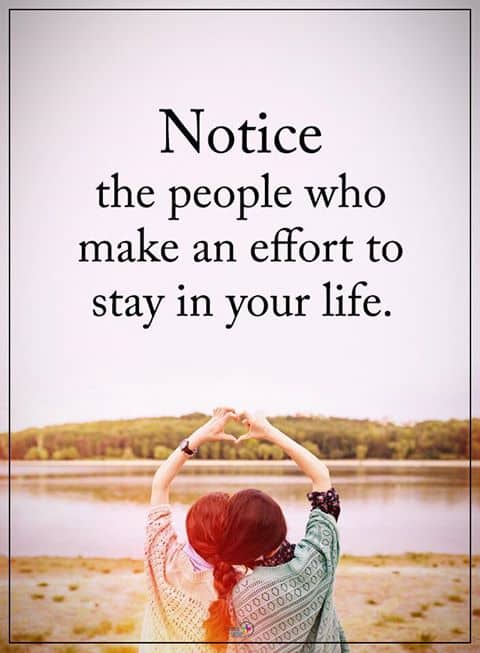
9. I’m grateful to wake up and know that I have another chance.
Live like you’re in the movie Groundhog Day.

10. If you still talk about it, you still care about it.
You are giving energy to what you care about by speaking it aloud. That means that if you are still talking about your relationship even though you are suffering, you still clearly care deeply about it.
11. I’ve learned that no matter how much I care, some people just don’t care back.
I’ve learned that you cannot make someone love you. All you can do is be someone who can be loved. The rest is up to them. I’ve learned that it takes years to build up trust. Plus, it takes only seconds to destroy it. You are a loveable person who deserves the best in life. Accept nothing less!

